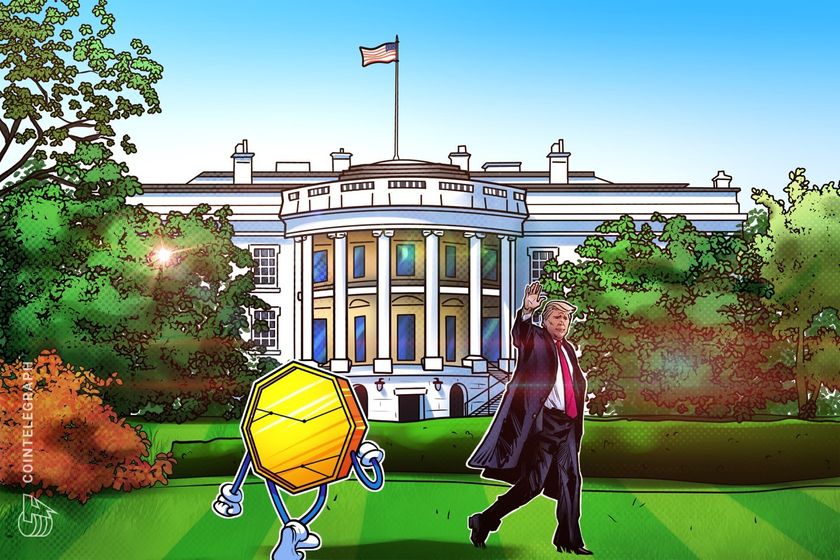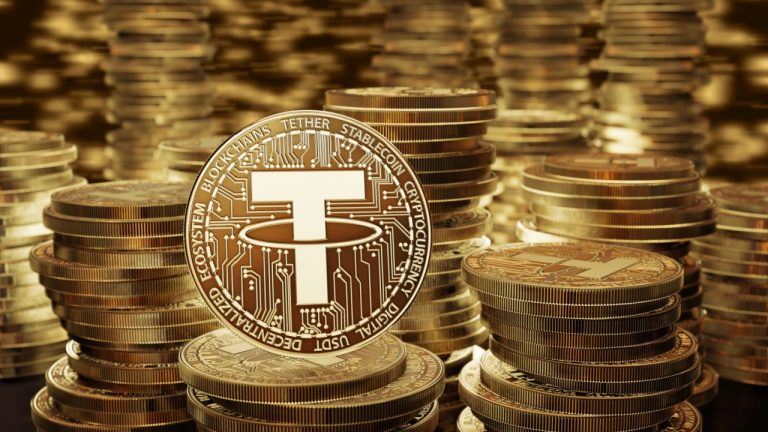
Fed makes aggressive 50 bps cut amid recession fears
Key Takeaways
- The Fed’s rate cut to 4.75%-5.00% reflects rising economic concerns.
- Major banks increase recession probabilities following the Fed’s decision.
Share this article
The Federal Reserve cut interest rates by 50 basis points today to 4.75%-5.00%, a move likely to shape financial markets in the months ahead. This aggressive reduction signals growing economic concerns among policymakers.
The rate cut, exceeding the typical 25 bps adjustment, comes in response to several economic indicators. The unemployment rate in the United States rose to 4.2% in July 2024, the highest level since October 2021. This increase has triggered the “Sahm Rule,” a recession indicator that activates when unemployment rises by 0.5 percentage points within a 12-month period.
July’s jobs report showed 114,000 jobs added, below economist expectations of 185,000. This data, combined with inflation at 2.5% (above the Fed’s long-term target of 2%), led to the central bank’s decision.
The 50 bps cut has generated debate among market analysts. Some view it as a necessary step to preempt a potential recession. Others suggest that such a substantial reduction might itself spark recession fears, as cuts of this magnitude often precede economic troubles.
The market’s reaction to this news is yet to be determined. Lower interest rates typically affect stock prices and other risk assets, but investors may interpret this move as a sign of economic weakness.
Major financial institutions have adjusted their economic outlooks. JPMorgan has raised its probability of a US and global recession in 2024 to 35%, up from 25%. Goldman Sachs has increased its recession odds for the next year to 25% from 15%.
The Federal Reserve indicated that more cuts are likely as it balances inflation control with growth and employment support. This suggests that today’s move may be the start of a new easing cycle.
As this policy shift takes effect, upcoming economic data and Fed communications will be closely watched. The central bank’s actions will play a role in determining whether the US can maintain growth in the face of current challenges.
Businesses and consumers can expect lower borrowing costs. However, the broader implications of this rate cut and what it signals about the US economy will likely be subjects of ongoing analysis.
Earlier this week, the Federal Reserve was expected to cut rates by 50 basis points, likely boosting bitcoin, amid mixed economic signals.
In June, Democrat senators argued that the Federal Reserve should lower interest rates to mitigate inflation and prevent a recession, contrasting with European Central Bank policies.
In July, economists speculated that the Federal Reserve might prioritize the weakening labor market over inflation concerns in its upcoming rate decisions.
Last month, 10X Research expressed concerns that a significant 50 basis-point rate cut by the Federal Reserve could negatively impact bitcoin by signaling deeper economic troubles.
Earlier this week, the Federal Reserve reduced interest rates by 50 basis points as economic indicators such as rising unemployment and a poor July jobs report suggested an impending recession.
Share this article
Go to Source
Author: Diego Almada Lopez









